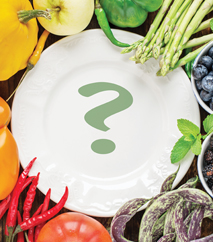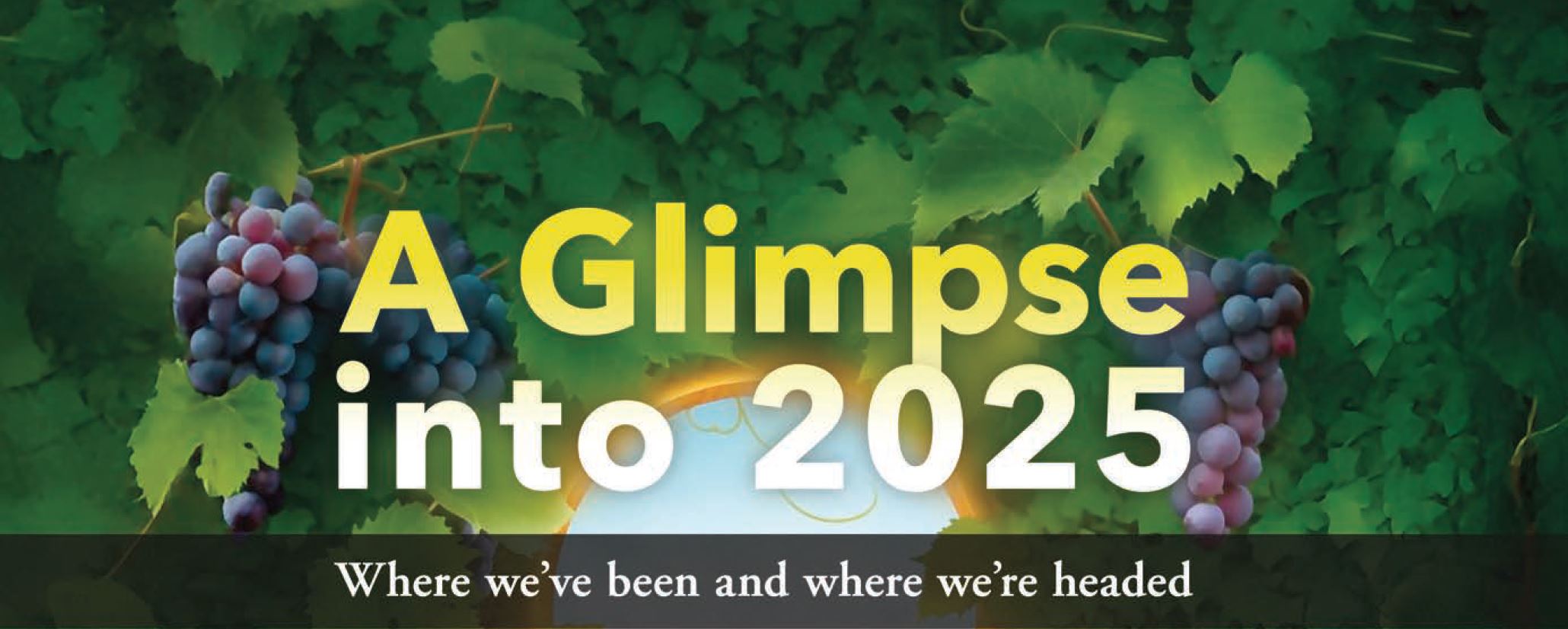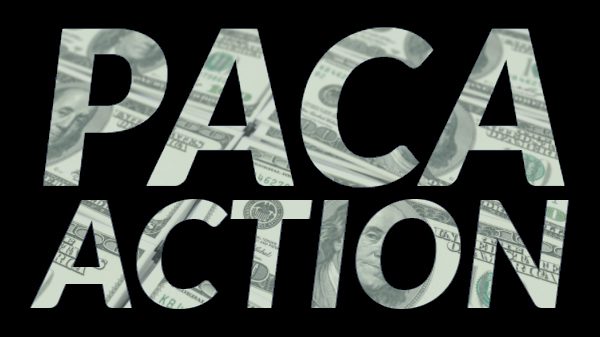Welcome to Blue Book!
Are you ready to join the thousands of companies who rely on Blue Book to drive smarter decisions? View our plans and get started today!
Still have questions? We’d love to show you what Blue Book can do for you. Drop us a line– we’ve been waiting for you.

Peterson still sees too much inconsistency when it comes to food safety. “Walmart has their protocols, Kroger has their protocols, but they don’t have the same protocols.”
Vaché finds it is beneficial that larger chains like Walmart and Whole Foods have implemented traceability, but is concerned about the others “not coming to the table yet”—many independent chains with twenty or thirty stores, waiting on FSMA’s final rules and protocols.
Both believe FSMA’s implementation will spur traceability, at least a bit. Although Peterson says it draws needed attention to the issue, “will it lead to a more aggressive approach to traceability? I don’t think so, but it will cause people to see where they have gaps and begin to plug them. It doesn’t say ‘this is how to become compliant,’ but there are options on how to do so.”
Vaché agrees there will be surprises for many who have been waiting for FSMA, because “it won’t be prescriptive.” And though the final FSMA rules will come out in 2016, most won’t take effect immediately, but will be phased in depending on the size of the business.
Future Shock?
Looking to the future, Peterson believes the industry is at serious risk each day it goes without comprehensive food safety reform. He is particularly concerned about exceptions for local produce and organics, which are often sourced from small growers. “If a serious food safety issue comes from the organic side of the industry, that’s really going to give the industry a black eye.”
Anthony Totta, a cofounding member of the Fresh Xperts, LLC consulting group in Lees Summit, MO emphasizes that the inequities in food safety could lead to the wrong kind of regulation. While he believes there should be government oversight, he fears “the government will try to do a one-size-fits-all solution for all commodities and make it very difficult.”
“Pathogens don’t just pick on the big guys,” Vaché agrees, predicting “the buy side is going to say, ‘even though you’re small, you have to be able to tell us lot number, etc. if you’re going to sell to us.’
If you’re Walmart, even though you want to support local growers, you can’t throw away the rulebook.” Further, he adds, “It’s going to be self-correcting; there may be an exemption from the law, but there’s no exemption from your trading partners. Quite honestly, it’s just the right thing to do,” Vaché says.
This correction can’t come soon enough for Peterson. “Someday, maybe 2016 or maybe 2026, there’s going to be a food safety crisis that will hit this industry in a way it’s never been hit before. There’s still time to do something about this in a meaningful way,” he insists, but presages, “it’s going to be Darwinian, not strategic.”




